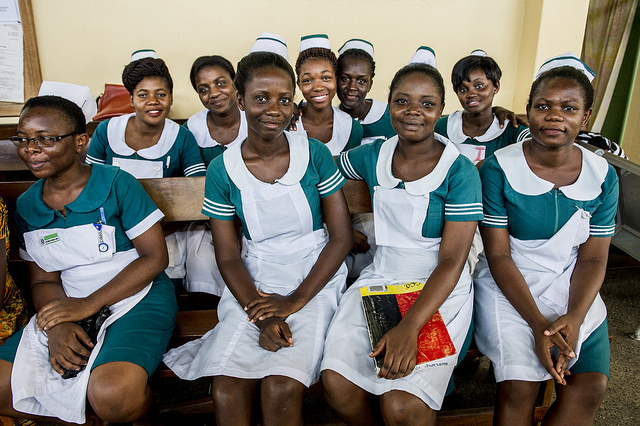Promoting Gender-Equity in the Health Workforce
Women make up 75% of the global paid health workforce, yet compared to their male counterparts, they regularly face challenges impacting their job performance, compensation, and career advancement. These challenges include gender discrimination, resulting in: unequal pay, treatment in the workplace, or advancement opportunities; violence and sexual harassment; restricted independence or mobility outside the home; and the burden of balancing pregnancy and family expectations with their job.
MCSP worked to overcome these barriers by empowering female health workers and students, and fostering supportive working environments for women in the health workforce. Our approach included the following:
- Training clinical mentors on gender-sensitive teaching methods and approaches;
- Integrating gender and leadership sessions into pre-service training for health providers to empower them and help them to be more gender-sensitive to clients; and
- Working with schools to create sexual harassment policies and pregnancy policies.

